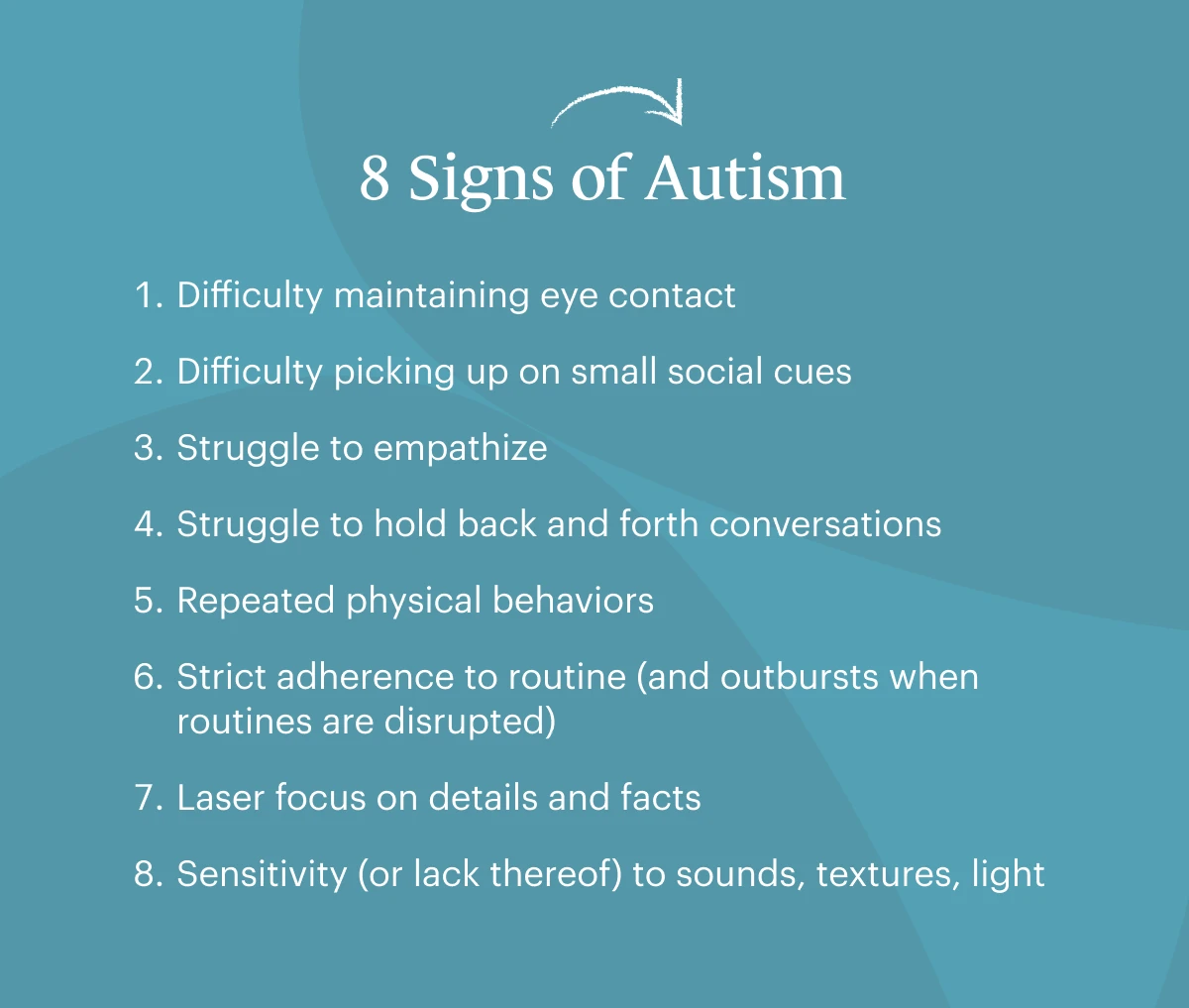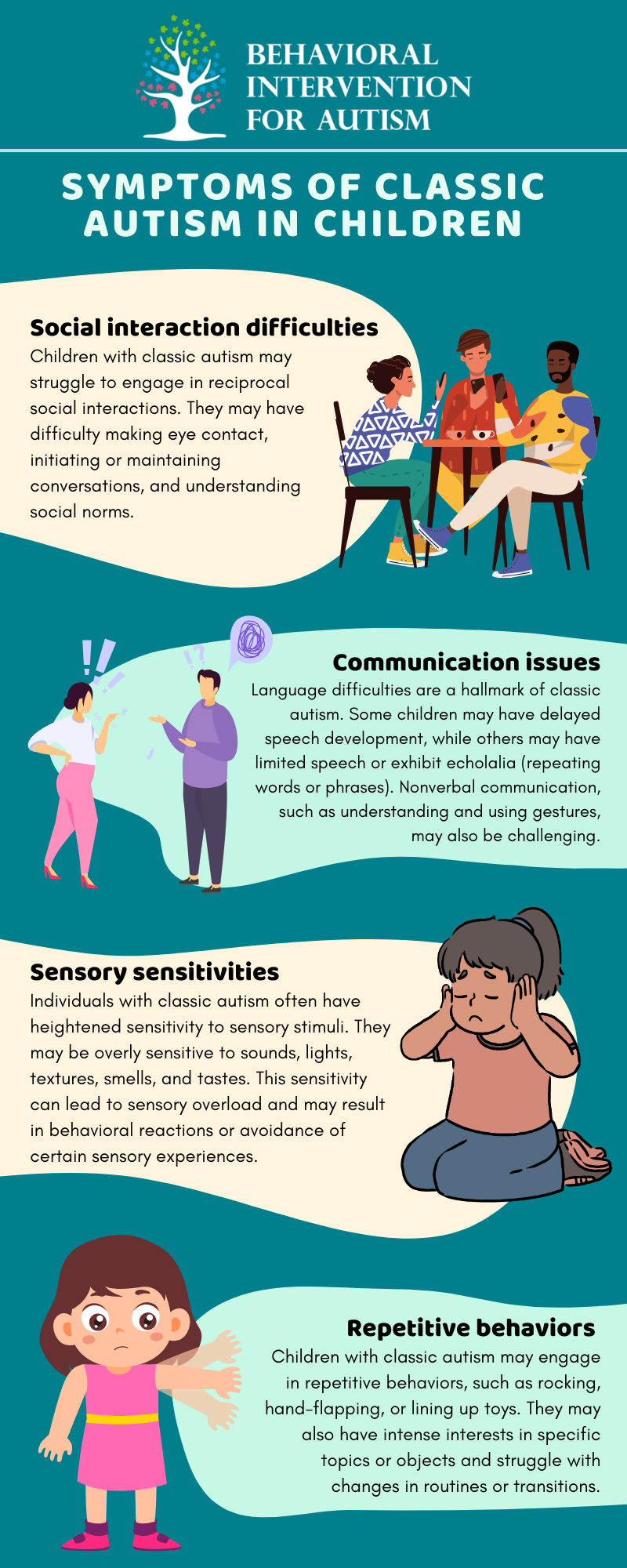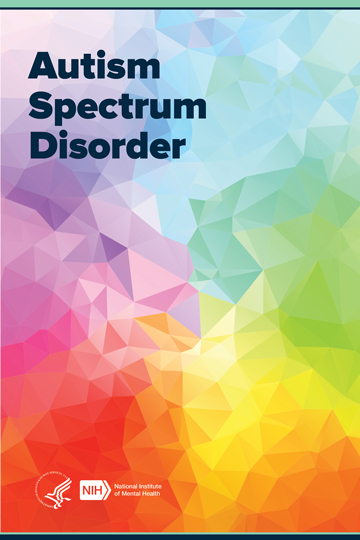Talking about ASD with siblings—tips from an Aba Therapist Near Me
Understanding the Impact of Behavioral Autism on Day-to-day Live and Social Interactions
You may not understand exactly how deeply behavioral autism impacts day-to-day live and social communications. Individuals on the range usually navigate a world filled with interaction difficulties and sensory overload. These challenges can bring about frustration and seclusion, impacting their connections and general well-being. Understanding these subtleties is essential for cultivating encouraging atmospheres. What approaches can we apply to create more significant connections and comprehensive areas? The solutions might surprise you.
Specifying Behavior Autism and Its Attributes
Behavior autism, usually described as autism spectrum condition (ASD), includes a variety of problems characterized by difficulties in social communication, communication, and repeated behaviors. You could see that individuals with ASD often battle to interpret social hints, which can result in misconceptions in conversations. They may discover it tough to establish eye contact or take part in small talk, making social circumstances really feel overwhelming.
Interaction problems can show up in various methods, from postponed speech growth to a choice for using fewer words. Repetitive habits, such as hand-flapping or shaking, can act as coping systems to manage tension or sensory overload. These characteristics can profoundly influence life, making it necessary for you to recognize and support those with ASD. By acknowledging these characteristics, you can cultivate an environment that promotes acceptance and motivates reliable communication, assisting people with autism prosper in their day-to-day interactions.
The Range of Autism: Understanding Variability in Behavior
Autism spectrum problem (ASD) isn't a one-size-fits-all medical diagnosis; it varies commonly amongst individuals. You might run into individuals who are highly spoken and engage easily in conversations, while others could like solitary tasks or interact non-verbally.
Moreover, the way people with ASD respond to sensory input can differ substantially; some might be bewildered by brilliant lights or loud sounds, whereas others prosper in stimulating settings. The spectrum likewise consists of distinctions in social interactions; some individuals might struggle to analyze social signs, while others navigate social settings with family member convenience. Comprehending this variability is essential, as it assists you appreciate everyone's distinct experience and tailor assistance to their particular demands, cultivating a more comprehensive environment for everybody.
Interaction Challenges Dealt With by People With Autism
When you engage with people on the autism spectrum, you might see their distinct communication challenges. They frequently face difficulties with both nonverbal and verbal signs, which can impact their social communications. Comprehending these obstacles is necessary for promoting better links and assistance.

Verbal Communication Difficulties
Lots of individuals on the autism spectrum experience spoken interaction troubles that can substantially influence their everyday interactions. Your tone, volume, or speed could not straighten with social assumptions, creating others to misinterpret your purposes. Acknowledging these difficulties can aid you and your support network create techniques to enhance communication and cultivate much better links with others in your everyday life.
Nonverbal Interaction Obstacles
Verbal interaction isn't the only challenge individuals on the autism range face; nonverbal communication barriers can be simply as substantial. These obstacles can lead to misunderstandings or misconceptions of social hints, making interactions feel confusing or frustrating. By dealing with nonverbal communication, you can find techniques to improve your social experiences and enhance your general high quality of life.
Social Communication Effects
Social communications can often really feel frustrating due to the special interaction obstacles dealt with by individuals with autism. Identifying these difficulties can help you discover strategies to enhance communication, such as exercising social skills in risk-free settings or making use of visual help. Comprehending your demands permits you to navigate social communications with better confidence and convenience.
Social Interaction and Partnership Building in Autism
While structure partnerships can be challenging for individuals with autism, recognizing their distinct viewpoints and communication designs can cultivate significant links. You could see that several people on the spectrum like straight communication and might have a hard time with social signs or little talk. By being uncomplicated in your interactions, you can help produce a setting where they really feel comfy.
Involving in shared rate of interests can additionally serve as a bridge to deeper links. Whether it's a leisure activity, a favorite show, or a mutual passion, these common strings can open up doors to friendship.
Day-to-day Live Regimen: Navigating Challenges and Techniques
Maneuvering day-to-day live routines can be particularly challenging for individuals with autism, especially when unexpected changes happen. You could locate convenience in having a structured timetable, as it assists you anticipate what's following. It's regular to feel anxious or overloaded when disruptions happen. To browse these difficulties, think about executing visual timetables or lists. These tools can provide quality and confidence.
Establishing a regimen that consists of sensory breaks can also be advantageous. This aids develop an understanding atmosphere.
Finally, method mindfulness strategies to manage stress and anxiety and anxiousness. Easy breathing workouts or grounding methods can make a considerable difference. By integrating these strategies, you can improve my link your daily routine and decrease interruptions, making life really feel extra workable.
Staminas and Abilities of Individuals on the Autism Range
Comprehending everyday life regimens is just one aspect of the autism experience. Many individuals on the autism range have impressive toughness and capabilities that establish them apart.
In addition, your memory skills often beam, specifically in locations of passion. Autism Therapist. This knack for retaining information can make you a beneficial source in fields like innovation, art, or science. You may also display solid aesthetic thinking, enabling you to visualize intricate ideas and resolve problems artistically
Furthermore, your one-of-a-kind point of view on the world can cultivate empathy and understanding in others, improving social communications. Accepting these find out strengths not just improves your self-confidence however also assists others value the varied talents you bring to the table.
Producing Comprehensive Atmospheres for People With Autism
Producing comprehensive atmospheres for individuals with autism begins with developing sensory-friendly rooms that satisfy their one-of-a-kind demands. You can also promote opportunities for social interaction, assisting to construct friendships and links. By making these changes, you'll add to an extra welcoming environment for everyone.
Creating Sensory-Friendly Spaces
While making sensory-friendly spaces, it's vital to assess the unique requirements of individuals with autism. Beginning by picking relaxing shades and soft lighting to develop a calming environment. Integrate quiet zones where individuals can pull away and charge when overwhelmed. You'll wish to decrease loud sounds and interruptions, using soundproof products or white noise makers to aid keep peace. Think about tactile components like soft textiles or fidget-friendly objects that can offer comfort. Determine that rooms are flexible, permitting visit this site very easy reformation to suit different tasks. Lastly, include visual routines or clear signs to assist individuals navigate the space confidently. By thoughtfully integrating these components, you can create a welcoming ambience that sustains sensory demands and advertises general health.
Promoting Social Communication Opportunities
Creating sensory-friendly spaces not just addresses private convenience however likewise sets the stage for purposeful social interactions among people with autism. To advertise these interactions, create comprehensive settings that invite engagement. Organize organized activities, like art courses or group video games, that motivate cooperation without frustrating sensory input. Use aesthetic aids and clear communication to assist every person engage conveniently. Encourage peer mentoring, coupling individuals with autism with supportive peers who can guide them through social situations. Furthermore, take into consideration holding normal community events that commemorate neurodiversity, fostering acceptance and understanding amongst all participants. By applying these methods, you can enhance social possibilities, aiding individuals with autism develop friendships and reinforce their social skills in a risk-free, inviting setting.

Regularly Asked Questions
Just How Can Buddies Support Somebody With Behavioral Autism?
You can sustain a buddy with behavior autism by holding your horses, paying attention proactively, and appreciating their limits. Participate in activities they appreciate, connect honestly, and develop a comfy setting where they really feel valued and recognized.
What Resources Are Readily Available for Moms And Dads of Kid With Autism?
You can discover numerous resources for parents of youngsters with autism, consisting of support groups, educational sites, and regional community solutions. Getting in touch with various other parents can also supply useful insights and shared experiences to assist navigate challenges.
Can Behavioral Autism Adjustment With Time?

Yes, behavior autism can alter over time. You may observe shifts in communication, social abilities, and habits as your child grows. Early treatment and assistance typically play essential functions in these developing adjustments.
Exactly How Do Sensory Level Of Sensitivities Affect Every Day Life?
Sensory level of sensitivities can make daily experiences frustrating. You might have a hard time with bright lights or loud sounds, leading to tension or avoidance. Locating settings that fit your needs can substantially enhance your comfort and overall day-to-day live.
What Prevail Misconceptions About Behavioral Autism?
You may think behavior autism only impacts communication skills, however it's even more facility. Numerous assume people do not have compassion or knowledge, which isn't true. Comprehending these misunderstandings assists foster acceptance and assistance for those on the range.
Behavior autism, typically referred to as autism spectrum condition (ASD), includes a variety of problems characterized by difficulties in social communication, communication, and repeated actions.Social communications can typically really feel frustrating due to the special communication obstacles dealt with by individuals with autism.Designing sensory-friendly rooms not only addresses individual comfort however likewise sets the stage for significant social interactions amongst people with autism. Urge peer mentoring, coupling individuals with autism with supportive peers that can lead them through social scenarios. By applying these methods, you can improve social chances, assisting individuals with autism develop friendships and reinforce their social abilities in a safe, welcoming environment.